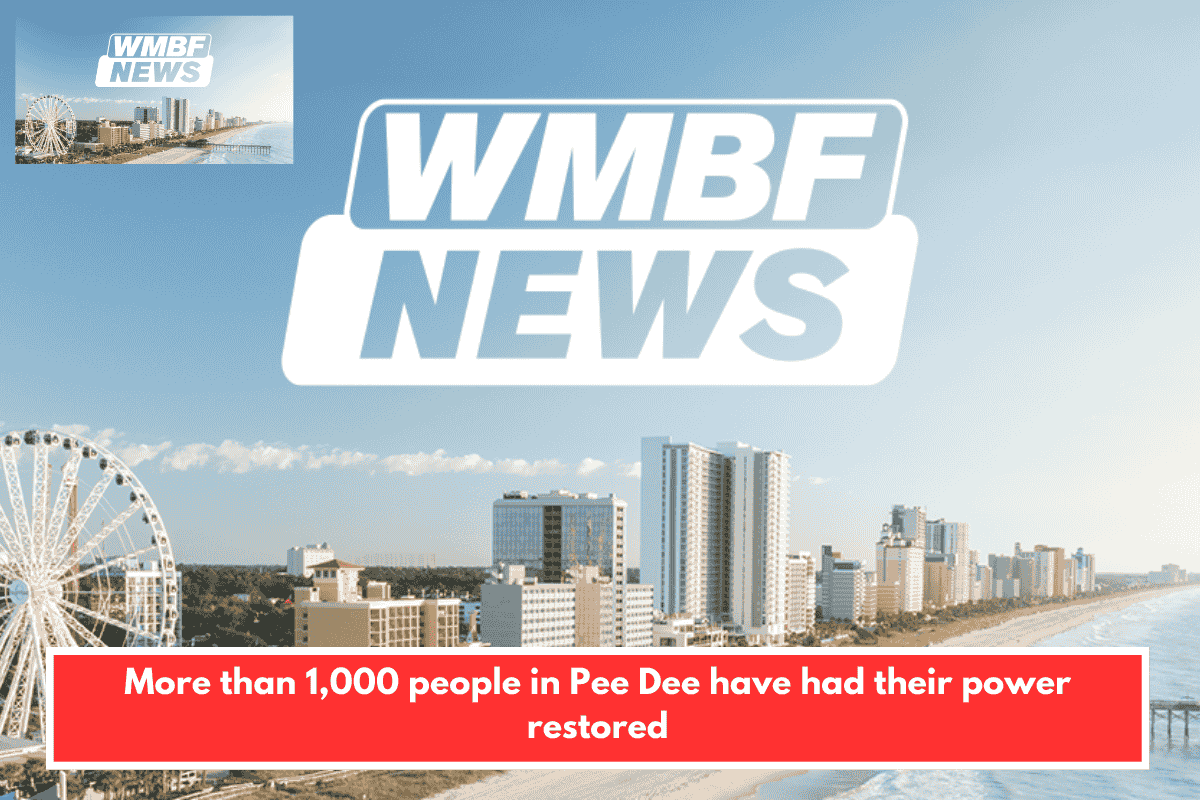A federal judge has ruled that the Trump administration’s Department of Government Efficiency (DOGE) can continue to access private government data, for now. The court refused to block this access after unions and a think tank raised concerns about privacy and legal violations.
What the Case Is About
In February, the AFL-CIO, other labor unions, and an economic think tank filed a lawsuit in Washington, D.C. They claimed DOGE was breaking several laws by viewing sensitive information inside government systems like those used by the Department of Labor and the Department of Health and Human Services.
These systems contain highly personal information about many Americans, including job histories, financial records, and detailed medical information.
Why the Plaintiffs Wanted an Injunction
The plaintiffs asked the judge for a preliminary injunction, which would have stopped DOGE from accessing the data until the court made a final decision. They argued that allowing DOGE to view this information without clear rules or proper authorization was already harmful.
They also pointed out that the government didn’t deny DOGE’s access, nor did it follow any special checks before giving that access.
What the Judge Said
Judge John Bates, who was appointed by former President George W. Bush, agreed that the data was sensitive and that DOGE’s role in accessing it was not transparent. However, he said there was no clear proof that the data was being misused or shared with outsiders.
He explained that just accessing the data doesn’t mean there’s immediate, unfixable harm. To grant an injunction, he needed proof that the harm was both serious and could not be undone. Since the data was only being shared within the government and not leaked to the public, he didn’t see it as a reason to stop DOGE right away.
Judge Still Concerned
Even though he denied the request to stop DOGE, Judge Bates said he still had serious concerns about the group’s secretive behavior. He made it clear that if more solid evidence comes up later in the case, he is willing to take action.
In his words, “The Court’s concerns are as grave as ever,” and if the plaintiffs win their case, the court is prepared to fix the problem.
This case isn’t over. While the unions didn’t win the temporary block they wanted, the judge made it clear that the issue is important and could still go in their favor with more evidence. For now, DOGE can keep accessing sensitive information, but under close watch.














